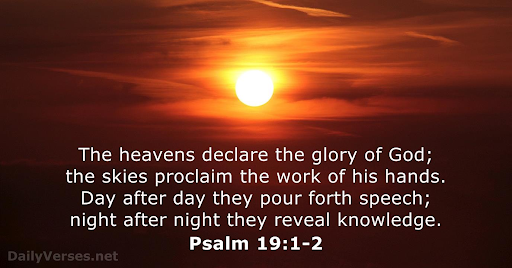Psalm 88 is considered one of the most despairing and bleak passages in the Bible with its themes of darkness, suffering, and the apparent absence of God. It is a profound expression of anguish and despair in the OT. It doesn't contain the uplifting or hopeful themes often associated with other Psalms, yet it still holds a significant place in religious discourse.
"Lord, you are the God who saves me; day and night I cry out to you" ["by day I have screamed, by night, in front of you" {Motyer}] "...darkness is my closest [best] friend" (Ps 88:1, 18).
- Can you live a life without comfort (1-9a)? Die without hope (9b-12)? Have questions without answers (13-18)?
- How do you live when there is no light at the end of the tunnel?
- How do you go on when you feel abandoned?
- How do you live by faith when the future seems dark and bleak?
















 \
\